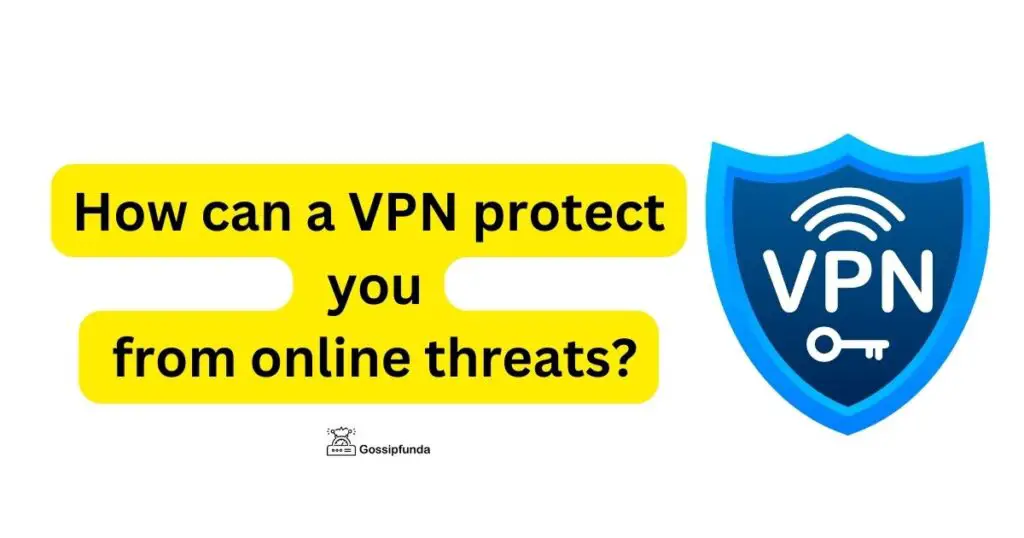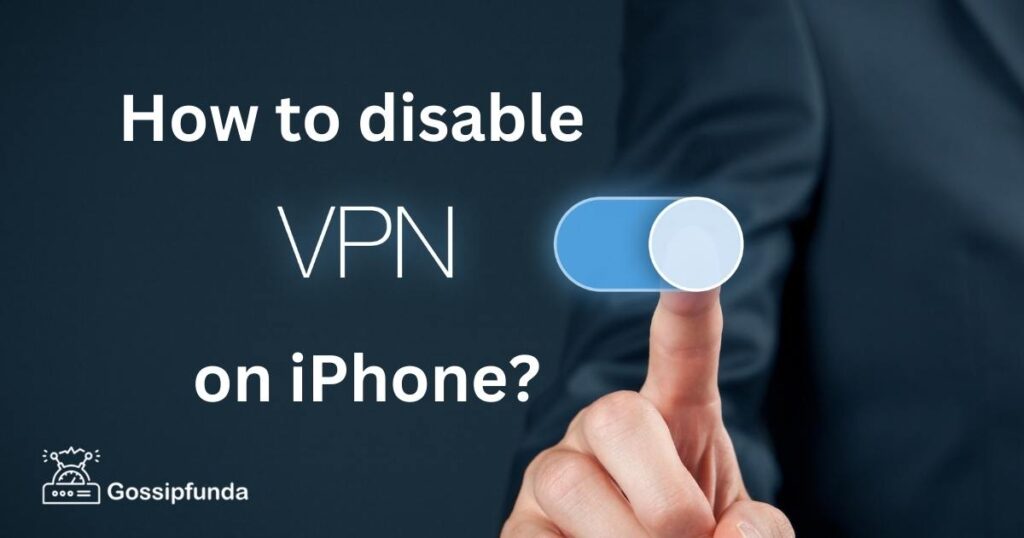A VPN or Virtual Private Network is a remote server or platform that redirects your traffic from an encrypted and anonymous channel to hide your real identity. VPN safeguards your real IP and mimics your data and activity as random data so nobody can access it, be it authorized or third parties. Many reliable VPNs will provide you with optimum protection against online threats.
VPNs give you privacy and access to restricted content and create a secured pathway where none of your activities gets tracked or your private information leaks through the channels. Here, we have listed some common internet threats and how a VPN service can protect you against them.
What are the most common online threats?
The online world is a black hole with immense information getting into it. However, some information thieves are looking to get your private data and secret information and use it for their benefit. Some of the common online threats are:

● Session hijacking
When you sign in to your bank accounts or online IDs, the hackers hack into the information by crawling into your ISP database and making the server think like you are operating your account and hack all your account information and use it.
● Malware attack
Another common online threat to your system is malware attacks, which corrupt all your data and devices and either misuse or damage them. Many rival companies or hackers plant corrupted links or software to erase the other’s database or hang their systems.
● Bot attack through ad
Another prevalent threat online or malware spreading technique is through ads that direct the users to either corrupted sites or, through those links, hack into their devices or accounts. Bots are planted that act like customer care persons or engage you to share information and make it feel legit.
● Phishing
Phishing is a prevalent method of corruption and hacking into devices and databases. The information is accessed through text messages or links, and they will quickly steal your devices and accounts without you knowing. So, it’s essential to recognize phishing attacks to prevent them.
● Virus in public Wi-Fi
Now, another tactic of hackers is that they create free internet hotspots for Wi-Fi. When people use these services to open their accounts or for transactions, all their information is copied or shared with the hackers, but they don’t know about it.
How does a VPN protect your data from online threats?
Trusted VPNs like NordVPN will enable you to safeguard your data and privacy and ensure that your information, location or data logs are kept anonymous. Some of how a VPN protects you include:
● Encrypted protocol
VPNs have encrypted channels and highly secured protocols such as WireGuard, NordLynx (NordVPN), or OpenVPN. These protocols create an encrypted path that will redirect your activity path through another server, which makes your original IP and location masked.
● Masking your activity
VPNs reduce your digital footprints, and your activity looks like bulk traffic, which cannot be located. This way, no hacker can break into your session or hack it.
● Kill switch
VPNs have a kill switch that removes or disconnects your device from the internet if your VPN connection drops to protect your original IP and location from getting exposed to the authorities or internet service providers.
● Adblocker
VPNs don’t usually have antivirus. It can stop the malware from downloading, but many of the reputable VPN service providers have an ad-blocking feature that keeps the pop-up ads, chat boxes, or phishing links from appearing on your Windows to keep infected bots or ads from attacking your devices.
● Private activity
VPN allows you to surf the internet free of worries. Your data is not at risk, and your activities are not tracked. With a VPN, you can connect to any Wi-Fi spot or ISP, and your IP won’t be tracked anywhere, which restricts the hackers from getting hold of your confidential information bank transactions of devices.
● No data log
With a VPN, your activity logs are empty, so even when a third party tries to access your data or track your record, they won’t be able to find anything and use those details against you.
● Protect original ID and location
A VPN service provider will mask your ID and location. Thus, anybody trying to hack into your account or device won’t be able to get hold of your server, site, and IP address, which will protect you against the threats.
Conclusion
It’s recommended to invest in a VPN for streaming or accessing blocked content. It also provides an additional layer of encryption whenever you’re online, for example, when connecting to unknown WiFi in a public place where the switch has higher safety risks. A good VPN today makes your surfing stress and hassle-free. So, get your VPN account now!
I am passionate about my work. Because I love what I do, I have a steady source of motivation that drives me to do my best.
I’m not comfortable with settling, and I’m always looking for an opportunity to do better and achieve greatness. I have a keen interest in the technical field. Apart from this, I am a social media influencer.

